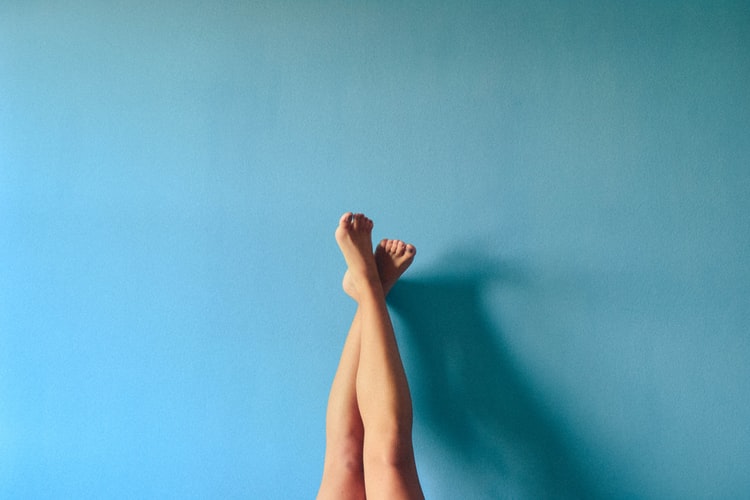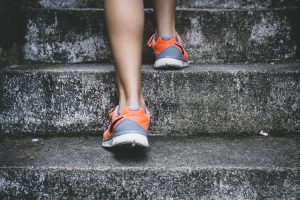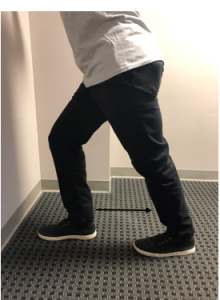
14 Nov Why You Need Healthy Calves
Do you know how important a strong, flexible calf muscle is? When you don’t have good movement in your calves, you can suffer from problems in both your legs as well as your feet. Here are some risks, as well as what to do to keep your lower legs happy!
Risks:
Plantar fasciitis: That’s right! Having overly-tight calf muscles can contribute to developing plantar fasciitis, the inflammation of the plantar fascia – the area of tissue that runs from your heel along the bottom of your foot. It can be a painful, nagging issue that’s a real pain to deal with, so it’s much better to try and prevent it if possible. 
Calf strains/pulls: If you don’t maintain good flexibility in your calves, you may be at a higher risk for a calf pull or strain when you’re active. These can be painful and can really slow you down, depending on the level of injury.
Toe/foot injury: While it may not seem logical at first, if your calves are overly tight, it puts a lot of stress on the forefoot – especially in impact activities like running. Over time this can result in a stress reaction; and with time (and without proper treatment) a stress reaction can become a stress fracture!
Tips for Happy Calves:
Stretching: You can stretch your calves and work toward greater flexibility, even if right now your calves are the furthest thing from flexible. Here’s an easy standing stretch you can do just about anywhere to work on getting your calves in better shape:
Choose Good Shoes: If you regularly wear heels, your calves spend a lot of hours in a shortened position, which causes less flexibility – not more. Choose comfortable, supportive shoes for your daily wear; if you must wear heels, the lower the better.
Prevent it with PT: Many physically fit and active people end up with some areas that have tightness just based on their activity. People who regularly run, hike, bike, and spend lots of time using their legs may be more prone to calf tightness than others. If you’ve started to notice issues in your lower legs and/or feet, now is the time to treat it: early! Head to a physical therapist who can assess your movement and flexibility, as well as what might contribute to it. Your PT will then help you achieve greater flexibility, strength, and range-of-motion and help keep you from ending up with an injury down the road.
Are you dealing with calf pain, tight calves, leg or foot problems, or something else? Body One Physical Therapy is ready to get you moving again. We’re both locally-owned and operated, with three locations serving Central Indiana: North Indianapolis, Fishers, and Zionsville. Don’t wait until a small problem becomes a big one, call the experts at Body One today!





